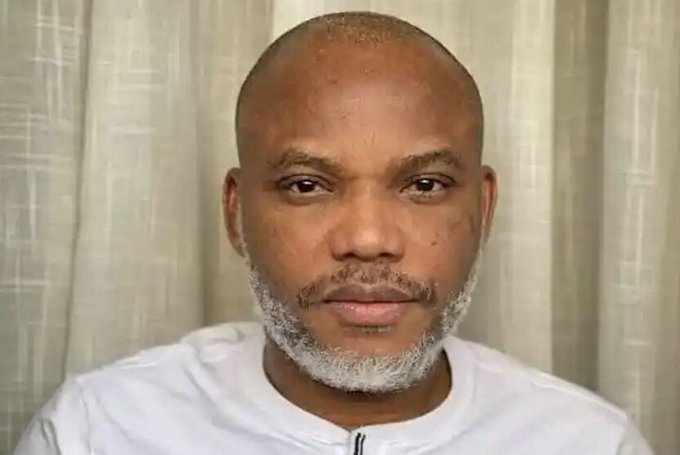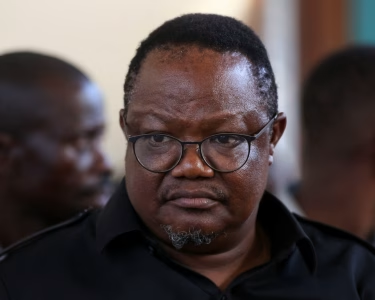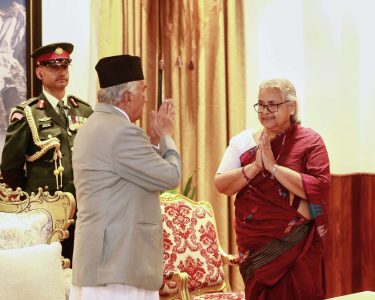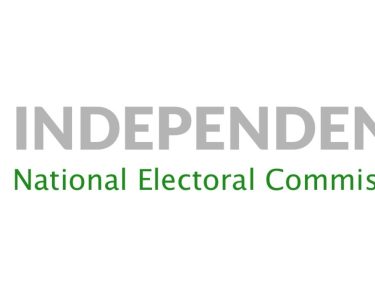Nnamdi Kanu
Nigerian government opposes no-case submission in terrorism trial
Summary
- Court to rule on Kanu’s no-case plea on 10 October 2025
- Defence says no evidence links Kanu to incitement or violence
- Prosecution insists broadcasts incited unrest and deaths
Abuja, Nigeria — The Nigerian government has opposed a no-case submission filed by Nnamdi Kanu, leader of the Indigenous People of Biafra (IPOB), in his ongoing terrorism trial at the Federal High Court in Abuja.
Kanu, who faces a seven-count terrorism charge, is accused of inciting violence through broadcasts on Radio Biafra, threatening national unity, and encouraging attacks on security forces and infrastructure.
Kanu’s defence, led by Chief Kanu Agabi (SAN), argued on 19 June 2025 that the prosecution failed to establish a prima facie case. They claimed no direct link was proven between Kanu’s statements and any acts of violence, describing his rhetoric, such as claims he could “bring the world to a standstill”, as “mere boasting”.
The defence also contended that Kanu’s remarks were calls for self-defence, a constitutional right, and highlighted his prolonged solitary confinement as a violation of international norms.
However, the prosecution, led by Adegboyega Awomolo (SAN), urged the court to reject the submission. Awomolo presented audio and video evidence of Kanu’s broadcasts, asserting they directly incited violence, including attacks that allegedly led to the deaths of over 170 security personnel, particularly during the 2020 #EndSARS protests. He stressed that Kanu’s leadership of IPOB, a proscribed organisation, was undisputed, and that his actions threatened national security.
Justice James Omotosho adjourned the case until 10 October 2025 to rule on whether Kanu must enter a defence or be acquitted. The case, ongoing since Kanu’s initial arrest in 2015, has seen multiple legal twists, including a 2022 Court of Appeal ruling dismissing charges over his illegal rendition from Kenya, later overturned by the Supreme Court in 2023.
Kanu’s detention conditions and the legality of his 2021 arrest in Kenya remain hotly contested. While his supporters argue he is a victim of political persecution, the government maintains it is enforcing the law in the face of a serious national threat.
The trial continues to polarise public opinion, with debates reflecting the country’s broader divisions on separatism, justice, and governance.







